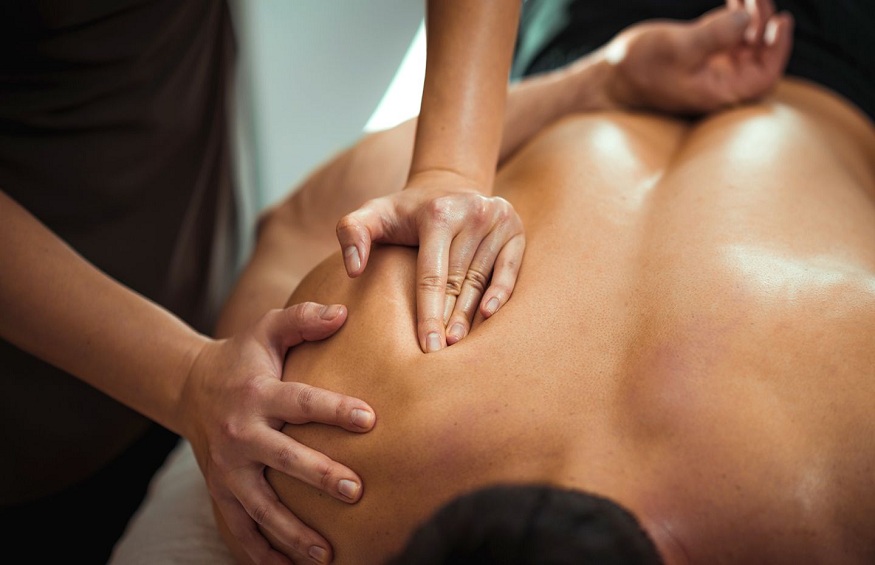Although hormone replacement therapy (HRT) can help ease symptoms of menopause, it can also increase the risk of developing breast cancer and other serious health conditions. Fortunately, there are a number of other natural approaches to managing symptoms and improving quality of life during menopause.
Mind-body interventions include biofeedback and relaxation techniques, yoga and meditation, breathing exercises, tai chi, and other stress reduction practices. Some studies have shown that these practices can improve a range of menopausal symptoms.
Mindfulness
Mindfulness is a skill that you can learn and practice, and it may be one of the most effective strategies for managing menopause symptoms. A new study presented at the North American Menopause Society (NAMS) annual meeting found that mindfulness could reduce stress and anxiety, and help ease menopausal symptoms like hot flashes and night sweats.
Mindful meditation involves focusing on breath, body sensations, and sensory cues. It also teaches you to gently name emotions and accept them without judgment.
It can be a challenging skill, especially for women who experience stress or anxiety regularly, but it can be worth the effort. Try adding a few minutes of mindful awareness to your day. Alternatively, you can join a meditation group or visit a mindfulness center to get the full sensory experience.
Meditation
Meditation has been shown to help with menopause symptoms, including hot flashes and night sweats. In a pilot study, researchers found that meditating for 20 minutes per day was associated with fewer menopause-related symptoms and lower blood pressure and cholesterol levels.
It also reduces stress, a known risk factor for heart disease among women over 50. The study was small, but researchers say it suggests mindfulness-based stress reduction programs, which include meditation, may be a promising alternative for managing menopausal symptoms.
Like most skills, meditation takes practice to develop a strong foundation and build confidence in your abilities. It can be helpful to find a mentor, whether online or in person, to help you get started. There are many types of meditation, so you’re likely to find one that suits your needs and preferences.
Biofeedback
Biofeedback therapy is a noninvasive, drug-free way to learn how to control bodily functions that normally happen automatically. It may help with a number of health issues, such as chronic pain, urinary incontinence, and high blood pressure.
It helps patients learn to monitor their heart rate, skin temperature, and other physiological responses so they can improve their well-being. It’s usually combined with relaxation techniques such as progressive muscle relaxation or paced respiration.
Men with prostate problems who underwent preoperative biofeedback training experienced a 74% reduction in urinary incontinence after radical prostatectomy. It was also found to reduce stress, anxiety, and erectile dysfunction symptoms in some cases.
While biofeedback has proven to be effective for a variety of conditions, it’s not right for everyone. So be sure to talk with your medical healthcare provider before trying it.
Relaxation
Stress is a common trigger for menopause symptoms, so it’s important to learn how to relax. You can do this by breathing slowly and deeply, practicing meditation, using visualization techniques or even taking a walk in nature.
The key is to find a relaxation technique that works for you and fits your lifestyle. It may take time and practice to find the right one.
A few studies show that relaxation techniques can help reduce hot flushes and night sweats in perimenopausal and postmenopausal women. They also can improve sleep disturbances associated with night sweats.

